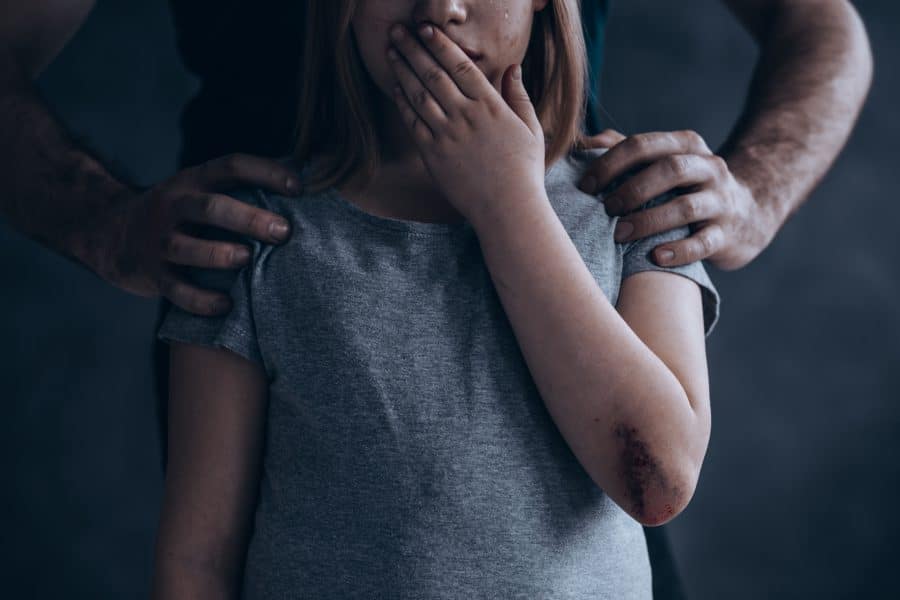By Kendra Lowden, Foster Care/Adoption Manager
Child abuse and neglect can have lifelong implications for victims. There are long-term consequences of experiencing childhood trauma, even if a person has physically healed. A person’s ability to cope and thrive after trauma is called resilience. With help from loved ones and professionals, children can work through and overcome their experiences, while transitioning from victim to survivor.

What is child abuse and neglect?
The Federal Child Abuse Prevention and Treatment Act defines child abuse and neglect as, at a minimum, “any recent act or failure to act on the part of a parent or caretaker which results in death, serious physical or emotional harm, sexual abuse or exploitation (including sexual abuse as determined under section 111), or an act or failure to act which presents an imminent risk of serious harm.”
What are the types of child abuse and neglect?
Each state has minimum standards in which they must define child abuse and neglect. Tribal nations also define these in their own laws. Common categories included in law are physical abuse, neglect, sexual abuse and emotional abuse.
What does neglect mean?
Neglect is the failure of a parent or caregiver to provide for a child’s basic needs. When we think of neglect as just the absence of something, it may not sound that bad. But to a child who relies completely on adults, neglect can feel like a threat to his or her survival. Neglect includes failure to provide medical or mental health treatment, appropriate supervision, safe shelter, food, education and more.
Are homelessness and poverty considered abuse and neglect?
No. Homelessness and poverty by themselves should not be reasons a family becomes involved with a child welfare program. Many families have low incomes or find themselves homeless but do not abuse or neglect their children. Child welfare intervention is necessary only if a child’s health or safety is at risk.
What signs do I look for?
Common concerning situations and behaviors may include parental substance abuse, sudden changes in a child’s behavior or school performance, lack of adult supervision, unexplained injuries, emotional withdrawal, abuse to animals, age-inappropriate sexual behavior or knowledge, school absences and poor hygiene.
When and how do I report concerns?
If you are concerned about a child’s well-being and safety, contact your state’s child abuse hotline immediately. If the child is Native American, you can also contact the tribe’s Indian Child Welfare program. In many states, citizens are mandated to report suspected abuse and/or neglect and can face criminal charges for failing to inform authorities. Remember that reporting your concerns is not making an accusation; rather, it is a request for an investigation and assessment to determine if help is needed.
For more information, contact FireLodge Children & Family Services at 405-878-4831 or visit potawatomi.org/firelodge.
